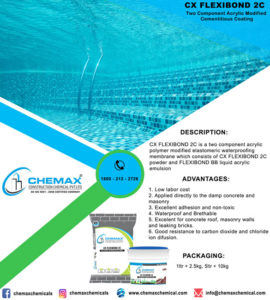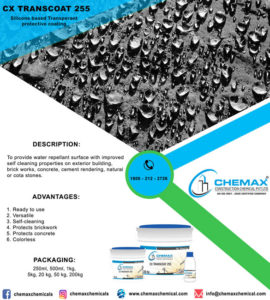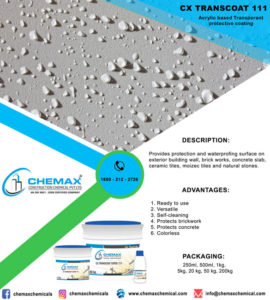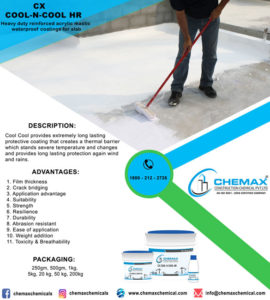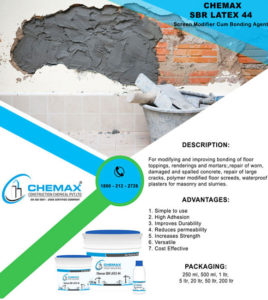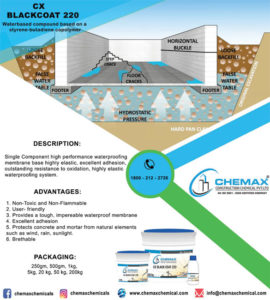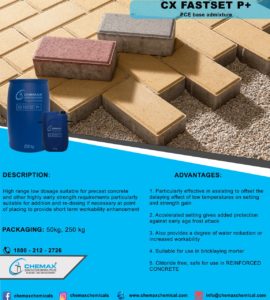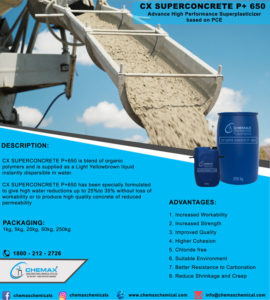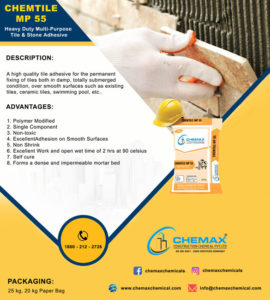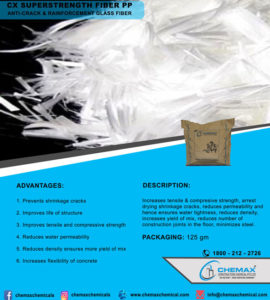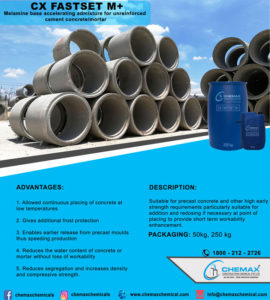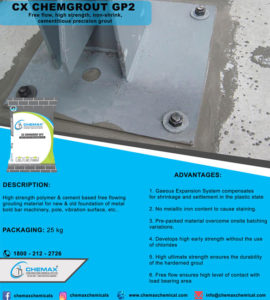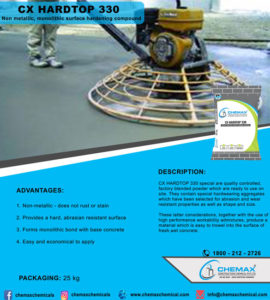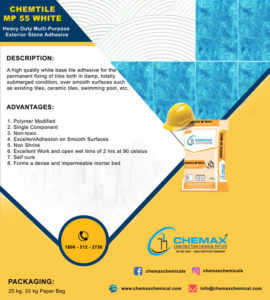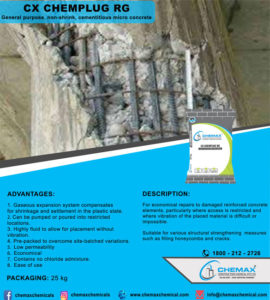People’s living spaces have changed as a result of the COVID-19 pandemic altering their social lives, places of employment, and educational institutions. Nowadays, a lot of people favor residences and workplaces with private spaces like gardens and swimming pools. Naturally, the popularity of pools has brought up issues with pool construction and insulation.
Parallel to this, as pool designs were being added to building projects, people started looking for answers more frequently to queries about how to make pools waterproof, what kinds of materials are used for pool insulation, and how much they cost.
Waterproofing a pool is just as crucial as maintaining the water’s quality, pH level, and cleanliness when using it. Pool insulation needs to be done extremely well because pool systems constantly come into contact with water.
Furthermore, because the pool’s water is constantly circulating, the materials that are used to insulate it should be specifically made for this use. They ought to offer robust waterproofing and be impervious to biological growths like algae that could develop in buildings that are exposed to water.
What Are The Pool Insulation Materials?
Waterproofing chemicals are the first materials that spring to mind when thinking about pool insulation. When the pool is still being built, waterproofing chemicals are used to fill the space between the concrete and the pool floor.
These are typically waterproofing materials made of cement. Their chemical composition allows them to create a waterproof layer that sits beneath ceramic and screed. In addition, they are resistant to soil-borne salt solutions, chemicals, and chlorine. These substances need to be pliable.
The pool surface is coated with ceramic following the completion of the under-ceramic waterproofing. Waterproofing the channels in the pool that distribute water is also essential. If not, the water flowing through these channels may eventually result in performance issues like calcification, rusting, and waterproofing issues.
Tapes that swell when in contact with water can be used to avoid this scenario. When these waterstop tapes come into contact with water, they expand, filling in the pores, cracks, and capillary spaces in the concrete to make it waterproof.
How to Do Waterproofing of Swimming Pools?
A professional team should be responsible for waterproofing swimming pools. Because a well-insulated pool can only be achieved with appropriate material selection and workmanship.
The concrete floor is coated with a cement-based waterproofing material prior to the pool construction beginning. In addition to being waterproof, this material should have a strong and long-lasting adhesion feature. because both the surface to be applied on and the concrete surface to which it is applied must have good adhesion.


